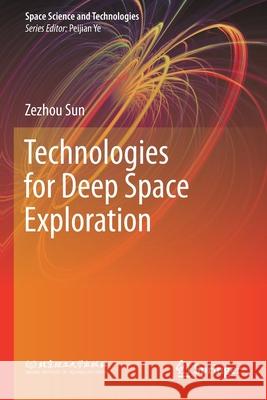Technologies for Deep Space Exploration » książka
topmenu
Technologies for Deep Space Exploration
ISBN-13: 9789811547966 / Angielski / Miękka / 2021 / 617 str.
Technologies for Deep Space Exploration
ISBN-13: 9789811547966 / Angielski / Miękka / 2021 / 617 str.
cena 724,58
(netto: 690,08 VAT: 5%)
Najniższa cena z 30 dni: 693,97
(netto: 690,08 VAT: 5%)
Najniższa cena z 30 dni: 693,97
Termin realizacji zamówienia:
ok. 22 dni roboczych
Dostawa w 2026 r.
ok. 22 dni roboczych
Dostawa w 2026 r.
Darmowa dostawa!
Kategorie:
Kategorie BISAC:
Wydawca:
Springer
Seria wydawnicza:
Język:
Angielski
ISBN-13:
9789811547966
Rok wydania:
2021
Wydanie:
2021
Numer serii:
001090144
Ilość stron:
617
Waga:
0.88 kg
Wymiary:
23.39 x 15.6 x 3.28
Oprawa:
Miękka
Wolumenów:
01
Dodatkowe informacje:
Wydanie ilustrowane











